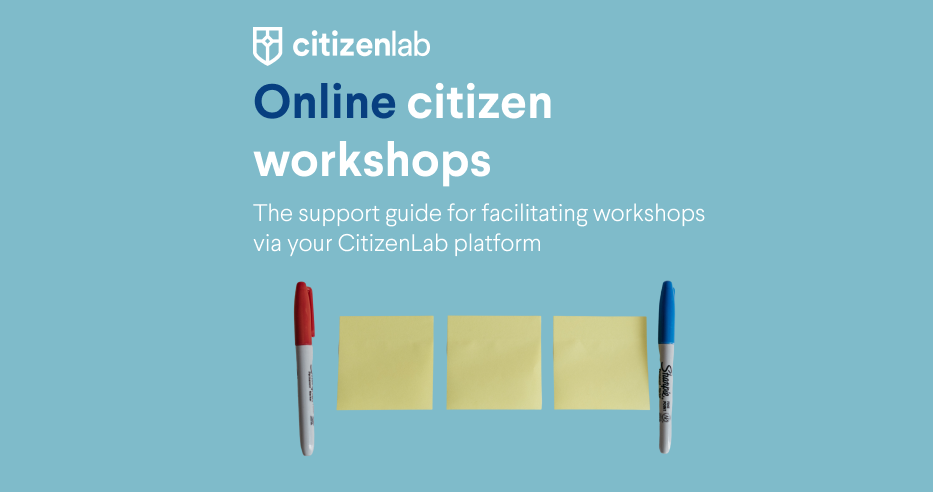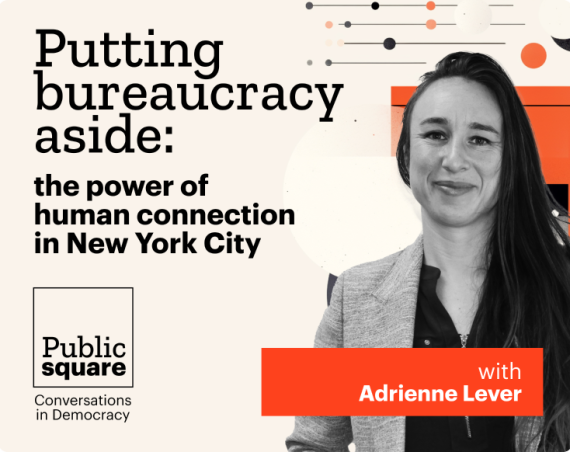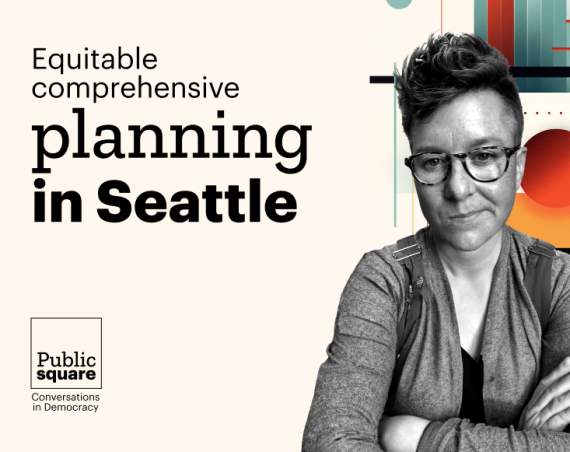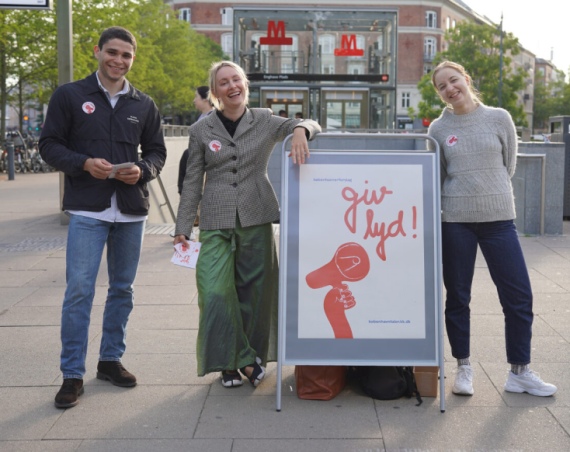Consistent public deliberation is essential for democratic continuity. For a long time, offline meetings were the preferred way of engaging communities, with online participation often playing not much more than a supporting role.
The COVID-19 crisis, however, has shifted this dynamic. In times of social distancing, municipalities across the globe started to experiment with online deliberation. This is a favourable evolution, as online workshops have a lot of benefits besides being COVID-friendly. Online workshops allow you to address a diverse audience, you don’t need to organize a physical location, and you reach people with busier schedules or limited opportunities to move around.
CitizenLab recently launched a brand new functionality that facilitates online workshops. With one centralised tool (which is fully integrated with your participation platform), you can now organise live discussions, gather input from citizens, organise votes, and reach consensus on the issues at stake in your local area.
But what exactly is online deliberation? What are the barriers to start an online workshop or community engagement project? And how can we overcome those difficulties? In this webinar, our CitizenLab participation expert Lora Botev was joined by Kevin Ditcham and Hannah Bastiaensen from Democratic Society, a non-profit organisation working for greater participation and dialogue in democracy. DemSoc recently published a paper on designing an online public deliberation. During the webinar, the two guests tackled a few of the most common and pressing questions around this topic.
What is online deliberation?
In the democratic process, deliberation is all about solving problems and making decisions by finding a common ground. Participants of an online deliberation project share their views, immerse themselves in the topic at hand, weigh the different options, and deliberate to make a decision. The most typical examples of community deliberation are citizens’ assemblies, which have gained significant popularity in the UK. In contrast to debates, which often possess an element of winning, losing and persuasion, deliberation is an open dialogue with a free exchange of ideas.
During the COVID-19 lockdown, it wasn’t possible for communities to meet in the same room and tackle a topic together. That’s how online deliberation took off: a digital deliberative process that participants can access from the safety of their own homes.
What are some of the barriers to online deliberation?
Many councils still consider online deliberation to be a complex process with lots of moving parts. And yes — whether you’re organising an online workshop or an offline deliberation project, a smooth deliberation process requires thorough preparation and internal alignment. Before you can start looking at the tools you want to use to organise your workshop, you should do the groundwork in terms of content preparation. What do you want the process to achieve? Why are you looking to engage your community in the first place? How do you reach your audience? The answers to these questions form the foundation of your project, and should be a priority.
Tip: we have created a free communications guide that will help you to set up your communication strategy and reach the right audience for your deliberation project.
For citizens, the barriers to participate may appear mainly in terms of access to data and tech tools. When organising an online deliberation project, it is important to think of ways to reach a wide audience and make your project as inclusive as possible. This last point leads us to the next question.
How do you ensure that your online project is inclusive and accessible?
When organising an online deliberation project, it is vital to ensure that your project reaches a wide audience that is as diverse as possible. With a digital approach, the possibilities to reach people are essentially endless. But it’s important to realise that, whereas an online project allows you to reach young people or people with busier schedules, not everyone might have access to an internet connection or be tech-savvy enough to participate online.
Tip: Reaching a diverse audience is a challenge for every type of digital participation project. That’s why we created a free guide to help you make your project more inclusive.
To break down the participation barriers and enable residents to co-create their communities, it can be a good idea to meet them halfway. When people can’t leave their homes, how can we bring deliberative processes to them? What can we do to make sure they have the hardware and technical skills, but also the confidence to join in and let their voice be heard?
Tip: When organising an online deliberation project, you’ll likely save costs on practical things like a venue or catering. Consider how this free budget can be spent on providing your participants with the necessary digital hardware if needed.
A good way to ensure an inclusive and accessible online project is by combining online and offline participation methods. In times of social distancing, the possibilities of this approach are of course limited. But in an ideal situation, it pays off to play on the strengths of both online and offline deliberation. A good example of this is the hourglass model, which employs digital tools to reach a wide audience, then discusses the input in a smaller live meeting, and then takes those recommendations back online.
Want to know more about facilitating an online workshop? We wrote a helpful guide that will help you set up your project.






